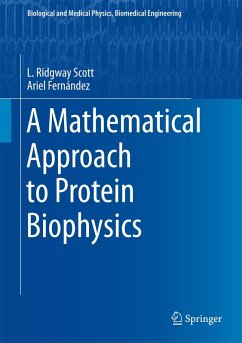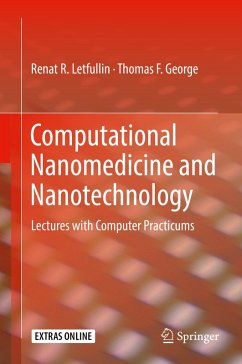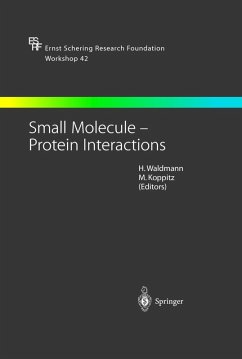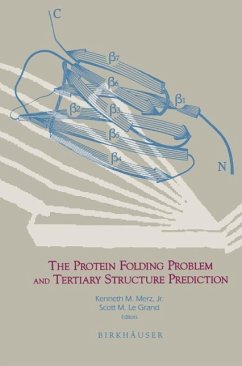
Transformative Concepts for Drug Design: Target Wrapping (eBook, PDF)
Versandkostenfrei!
Sofort per Download lieferbar
112,95 €
inkl. MwSt.
Weitere Ausgaben:

PAYBACK Punkte
56 °P sammeln!
In spite of the enticing promises of the post-genomic era, the pharmaceutical world is in a state of disarray. Drug discovery seems now riskier and more uncertain than ever. Thus, projects get routinely terminated in mid-stage clinical trials, new targets are getting harder to find, and successful therapeutic agents are often recalled as unanticipated side effects are discovered. Exploiting the huge output of genomic studies to make safer drugs has proven to be much more difficult than anticipated. More than ever, the lead in the pharmaceutical industry depends on the ability to harness innova...
In spite of the enticing promises of the post-genomic era, the pharmaceutical world is in a state of disarray. Drug discovery seems now riskier and more uncertain than ever. Thus, projects get routinely terminated in mid-stage clinical trials, new targets are getting harder to find, and successful therapeutic agents are often recalled as unanticipated side effects are discovered. Exploiting the huge output of genomic studies to make safer drugs has proven to be much more difficult than anticipated. More than ever, the lead in the pharmaceutical industry depends on the ability to harness innovative research, and this type of innovation can only come from one source: fundamental knowledge. This book squarely addresses this crucial problem since it introduces fundamental discoveries in basic biomolecular research that hold potential to broaden the technological base of the pharmaceutical industry. The book takes a fresh and fundamental look at the problem of how to design an effective drug with controlled specificity. Since the novel transformative concepts are unfamiliar to most practitioners, the first part of this book explains matters very carefully starting from a fairly elementary physico-chemical level. The second part of the book is devoted to practical applications, aiming at nothing less than a paradigm shift in drug design. This book is addressed to scientists working at the cutting edge of research in the pharmaceutical industry, but the material is at the same time accessible to senior undergraduates or graduate students interested in drug discovery and molecular design.
Dieser Download kann aus rechtlichen Gründen nur mit Rechnungsadresse in A, B, BG, CY, CZ, D, DK, EW, E, FIN, F, GR, HR, H, IRL, I, LT, L, LR, M, NL, PL, P, R, S, SLO, SK ausgeliefert werden.













